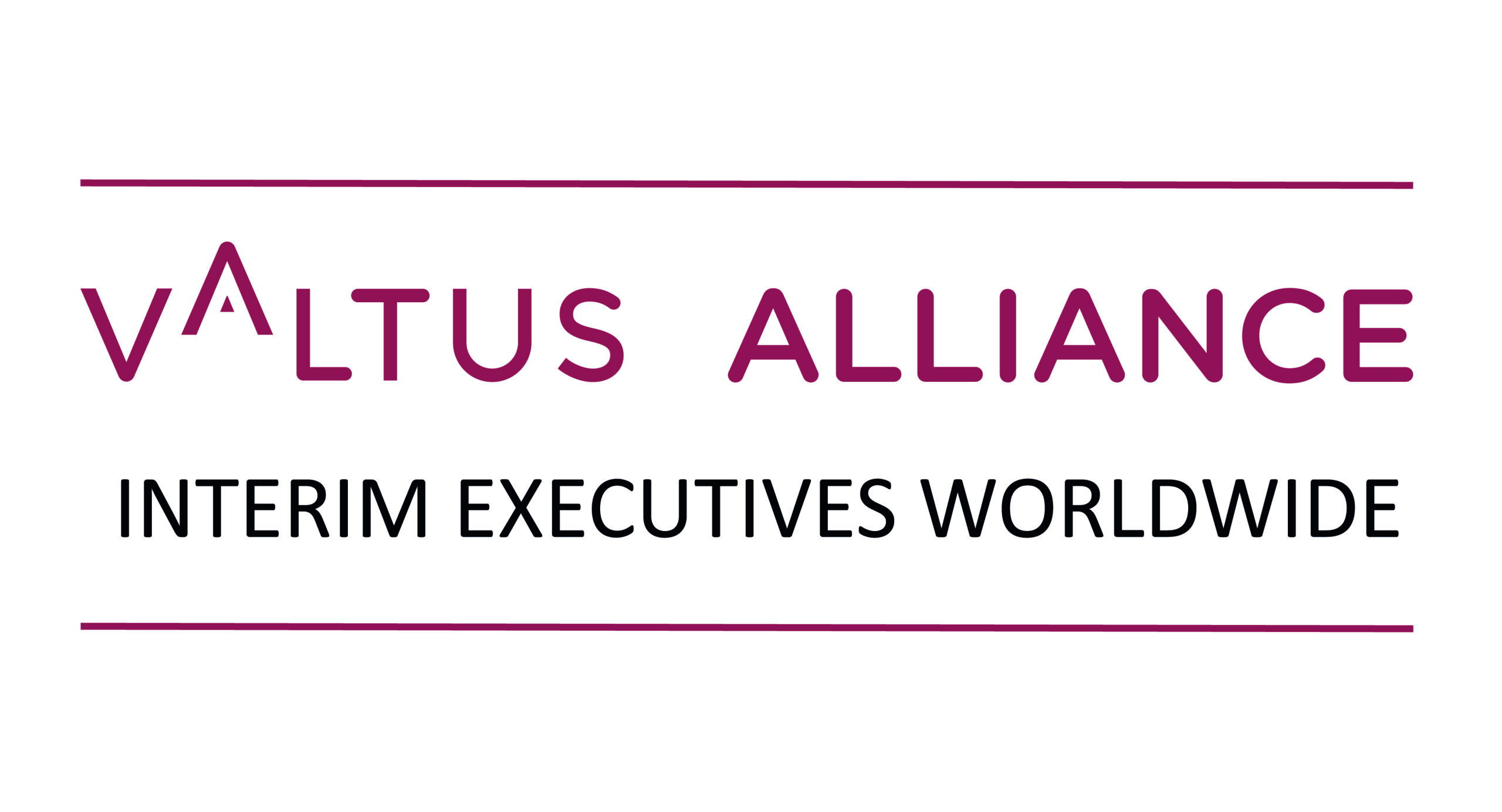Experience and accumulated expertise are globally recognised as important components for fulfilling a role in a professional manner. It’s the goal of universities, business schools and others to not only to prepare people for the labour market, but also to guide them in the further development of their career. That’s what we are talking about with Khadija Badli, Partner at VALPEO. “The demand for coaching is increasing rapidly because many people are questioning themselves and no longer know how to align with themselves, with others and with the world.”
“People with PhDs and MBAs are often sought-after candidates because they have been through the path of building knowledge more than others and are therefore more employable because the skills and experience they can fall back on when faced with risks and opportunities are simply considered greater,” explains Khadija.
“But experience has two meanings. On the one hand, experiences can be described as something a person has already experienced and which they can hope to rely on when confronted with these risks and opportunities as a leader. They allow that person to act intuitively and help them to fulfil their assigned responsibilities better and faster. They become a problem when a person continues to rely on old approaches to problems that require a new or different perspective. Leaders are then sometimes classified as ‘In-the-box thinkers’.”
Anticipating instead of adapting
“But in today’s world, experience becomes less relevant in this sense because experience in itself no longer offers a competitive advantage,” adds Khadija. “When everyone has a professional interpretation based on the frames of reference that have been built up, there comes a point when ‘best practice’ has been reached and experience no longer offers a solution to the increasing complexity that organisations face.”
“It becomes a problem when a person continues to rely on old approaches to problems that require a new or different perspective.” – Khadija Badli
“The focus on what leaders are capable of experiencing, even if it is not yet physically present or described, is what finally seems to make the difference in this VUCA world. Awareness of trends that will impact your own product or service offering and the experience and value that a person brings to customers and other stakeholders have become minimum requirements to be successful as a leader. If not, you remain stuck in your own frame of reference from which you are constantly looking for ways to adapt rather than anticipate changes in the market,” Khadija goes on.
Raison d’être
“But being able to experience, today more than ever, requires an awareness of your place in the value chain and an understanding of which driving forces will have an impact on that place, rather than on the supply. Realising that an organisation’s activity is the manifestation of an intention or purpose is essential,” emphasizes Khadija. “”Why are we here at all as a company” is what every CEO must be able to consciously experience in order to then focus his retina on those evolutions in society that will have an impact on it. Blockchain, AI and others are not only ways to collect big data to better understand the experience stakeholders are looking for, but they are also societal evolutions that will ultimately question the very raison d’être of many organisations if they do not learn to experience the impact these trends will have on who they are and what they stand for.”
“And the same can be said of other trends such as the evolution towards Net Zero and more cohesion. Becoming energy neutral as a company is not the same as building a Net Zero business model or contributing to the sustainable development of society, and they differ significantly in what leaders need to be able to experience,” continues Khadija.
Complex expectations
“If you want to prepare yourself for the next CEO role, you should not fill your CV with everything you have already experienced, but clearly indicate how you experience the social evolutions and what this could mean for the role you are applying for.”
“And those who, as a member of a remuneration committee, are supposed to take care of the CEO who will bring the organisation to its next level of development, should think about what this potential CEO must be able to experience in order to meet the increasingly complex expectations,” concludes Khadija.

About Khadija Badli
Khadija Badli is an experienced leadership coach specialising in leadership development, executive coaching, facilitation and team development.
Subscribe to Ripple, the newsletter
Gain expert advice, innovative strategies, and actionable insights to drive sustainable growth and empower your organisation to thrive in today’s dynamic business landscape.

